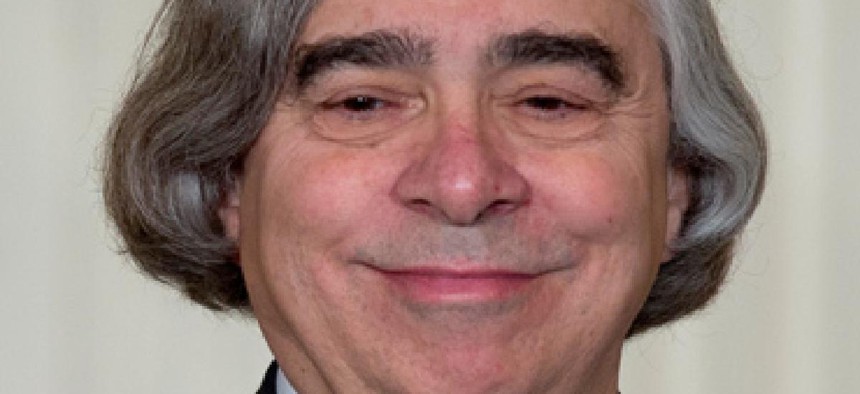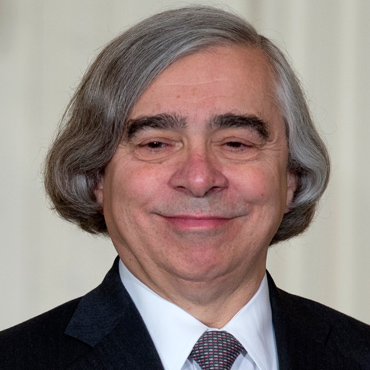Energy Dept. seeks $83M increase to harden grid against cyberattack

The Department of Energy has requested an $83 million increase in funding to modernize the US electrical grid, the largest increase for any DOE research and development initiative.

Energy Secretary Ernest Monitz told a Capitol Hill panel that the agency plans to increase investment in protecting the U.S. electrical grid from cyberattacks.
Enhancing cybersecurity of the United States' electrical grid is the most pressing issue facing Department of Energy security, according to Energy Secretary and nuclear physicist Dr. Ernest Moniz, and its modernization therefore requires the largest increase in funding of the Department of Energy's research and development initiatives.
"We need to do a much better job of integrating IT into the grid," Moniz said at the DOE's March 1 House budget hearing. "Among [R&D initiatives], our largest increase is for grid modernization, which we increased by $83 million" to $378 million.
Because "most of the other infrastructures require its operation for them to function," the grid's imperviousness to potential disruptions is critical, said Moniz.
However, the IT system for what Rep. Rita Lowey (D-N.Y.) called "arguably the most complex infrastructure in our nation" is past its technological prime.
Moniz said updating and securing the grid requires "hardening" it against potential threats, while simultaneously increasing grid systems' intelligence.
He also said that DOE was closely collaborating with the private sector to brainstorm security solutions against threats ranging from dangerous weather to cyberattacks.
"Unfortunately we expect more extreme weather with [global] warming," Moniz said. "And, make no mistake about it, the attacks on the energy infrastructure from cyber are continuing to escalate."
Adm. Mike Rogers, who heads the National Security Agency and the U.S. Cyber Command, echoed those comments from across the country in March 1 remarks at the RSA conference in San Francisco.
"It is a matter of if, not when, a nation-state or other group will conduct a destructive cyberattack on U.S. infrastructure, Rogers said. He cited the December hack of segments of the Ukrainian power grid, which reportedly affected 225,000 customers.
Some experts have attributed that attack to Russian actors, although U.S officials have not done so.
"Seven weeks ago it was the Ukraine," Rogers said. "That isn't the last we're going to see of this. And that worries me."
Ukrainian power companies, with the investigative aid of the Energy Department, the U.S. Computer Emergency Readiness Team and the FBI, discovered malware in their IT networks.
"Ultimately," Moniz said, "we want a grid that… will, through more intelligence, be integrated from the consumer all the way up to the high-voltage grid."
Sean Lyngaas contributed reporting from San Francisco.
NEXT STORY: Army seeks more cyber dollars in 2017 budget


